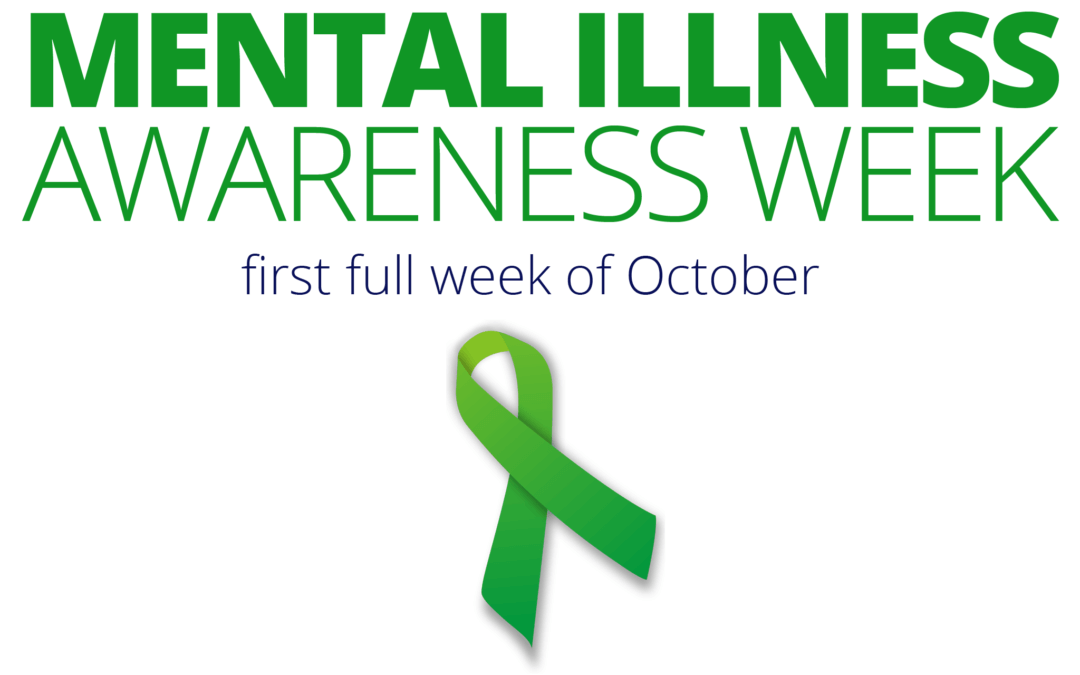The Complications of Mental Health Stigma and How to Work Against Them
In 1990, Congress officially established the first week of October as Mental Illness Awareness Week. This gives those of us in the mental health community a reminder to re-ignite the public’s awareness of mental illness and reflect on the good work accomplished by many mental health advocates thus far. Without discounting how far we’ve come, we know that stigma and misunderstanding continue to rule the day when it comes to how we think and talk about mental illness.
Stigma complicates perceptions on mental illness in both private and public ways. Complex and far-reaching issues such as these can leave us feeling powerless; and yet each of us has a significant role to play in this cause. So how is this done? Let’s take a look at three common complications of mental health stigma and then name some practical ways to better understand your role in working against it.
1. Stigma increases isolation.
Humans have an innate need for acceptance and safety, especially in times of vulnerability. Our speech spreads our beliefs and assumptions about others. Simple remarks about my “bi-polar” ex-husband and “she’s such a borderline” may give one some kind of temporary wind under their sails in a time of venting frustration, but these comments can also create the consequence of deflating those who are working hard to accept their treatable, manageable, and sometimes life-long diagnoses. Isolation further restricts the freedom of those struggling to speak up about their needs, and challenges — ultimately reducing their ability to thrive in society and bring the gifts that they have to offer to the world.
What you can do:
Re-think and renew your speech. Wisdom and care in your speech can help create safety and actually aide you in saying what’s real i.e.; “I’m really hurt/angry/shocked” instead of slapping a label on something or someone. Perhaps you’re not actually “so OCD”, you’re just being demanding about small details or, you like neatness.
2. Stigma impedes self-discovery and growth.
Stigma can get in the way of the natural and necessary process of self-discovery, propelling many into a strong rejection and covering up of vulnerabilities. Our minds are more fragile and yet more powerful than we think. If we reject the notion that we will all be met with some level of mental or emotional vulnerability at one point or another, we numb our sensitivities toward pursuing growth and taking care of our own mental health. Familiar thoughts such as “My friends are probably so tired of hearing me talk about this, but I’m still having trouble sleeping after what happened.” or “This is my dream job, why do I feel so unhappy?” don’t deserve to be rejected or ignored. In fact, they may be signals toward potential growth and change.
What you can do:
Pursue conversation and connection. Take the time to connect at a deeper level with friends and loved ones to help normalize the importance of tending to your emotions and caring for your mental health. Practice speaking out about difficult experiences with those you trust. If you’ve seen and been helped by a good therapist, talk about that experience. Be willing to ask your friends and loved ones, “How are you really doing?” and to yourself, “How am I really doing?”
3. Stigma directly delays mental health care.
Individuals and their loved ones dealing with mental and emotional pain often internalize the stigma and shame associated with their struggle. This powerful internalization increases self-blame and diminishes the perceived personal validity in seeking support. In many cases, lack of care in the pre-emptive or early stages of a mental health vulnerability can produce an increased cost for those suffering; both in the financial and clinical sense. The potential negative impact of mental illness can increase and extend into relationships, marriages, families, institutions, and communities when the struggle is kept private and without intervention.
What you can do:
Don’t delay, don’t give up, and don’t go it alone. The mental health community is full of professionals who’ve given their life’s calling to carefully provide high quality, effective psychotherapy. If you begin to notice yourself or someone you love struggling, begin the conversation early. Do your research or help someone who needs support in doing so. Various Internet search engines are available to help you locate a therapist in your area — many of whom will happily speak with you over the phone and sometimes in person before you make any kind of commitment. To increase access, sliding scales and reduced fees are commonly offered. Non-profit organizations also provide services at a low cost. Know that seeking treatment is not for the weak at heart and you may hit some roadblocks. Also, know that there is hope; various forms of psychotherapy, psychotropic medication support, and other treatment methods are continually evolving and advancing to create the optimal treatment for everyone seeking.
De-stigmatization involves providing space for mental illness to be related to with honor and respect. If you’d like more information on understanding mental illness, how to work against stigma or how to find support, contact us at Grand Rapids Therapy Group or check out the following resources:

